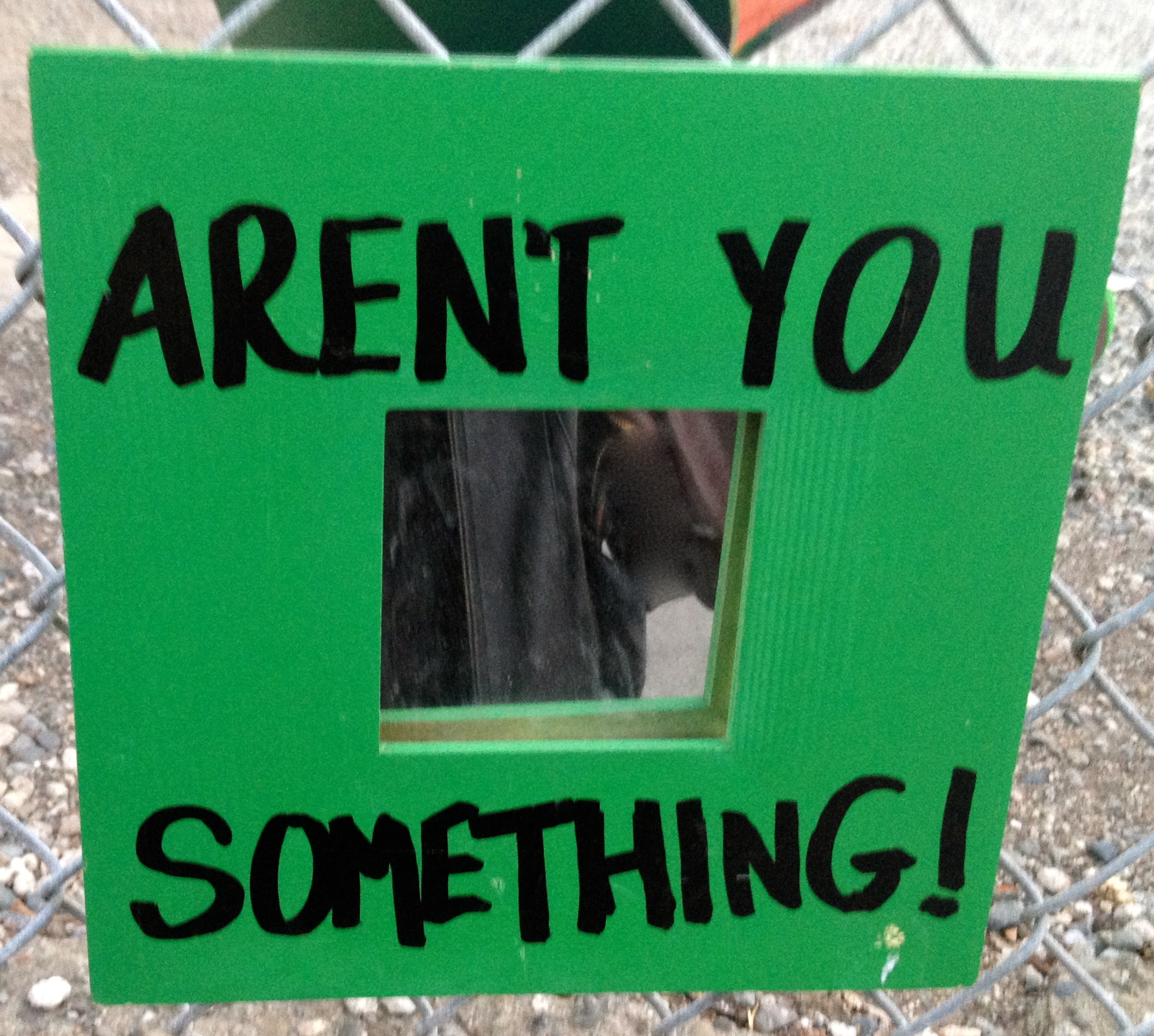When I was in graduate school, I wrote a paper about the imposter syndrome. My hypothesis was that people from marginalized and oppressed communities would be more susceptible to the imposter syndrome, or imposter phenomenon. At that time in the mid-1980s, the limited research and literature disproved my hypothesis, which surprised me given the impact that oppression and microaggressions have on wellbeing and self esteem.
Fast forward a few decades and today I was so glad to see this article in today’s New York Times Business section, and to learn that there is some updated research that resonates with my initial inquiry. The research and practical suggestions from Dr. Kevin Cokley cited in the New York Times article make a lot of sense:
- Join an affinity group. Connect with peers who can provide support and compassion.
- Recruit a mentor. Build an ongoing relationship with someone who is not only supportive, but also invested in your success, and will have your back.
- Document accomplishments. Create a file or document in which you can record positive feedback, accomplishments, goals completed, and affirmation. You will be able to refer back to it when you need it.
(comments above in italics are mine)
People who are spiritually inclined (or curious) might consider creating some regular practices, such as meditation, affirmations, ritual objects and practices of that mirror your wholeness and goodness back to you. Strength-based models of mental health and wellness confirm the efficacy of such practices.
We have only begun to knowthe power that is in us if we would joinour solitudes in the communion of struggle.So much is unfolding that mustcomplete its gesture,so much is in bud.-Denise Levertov

